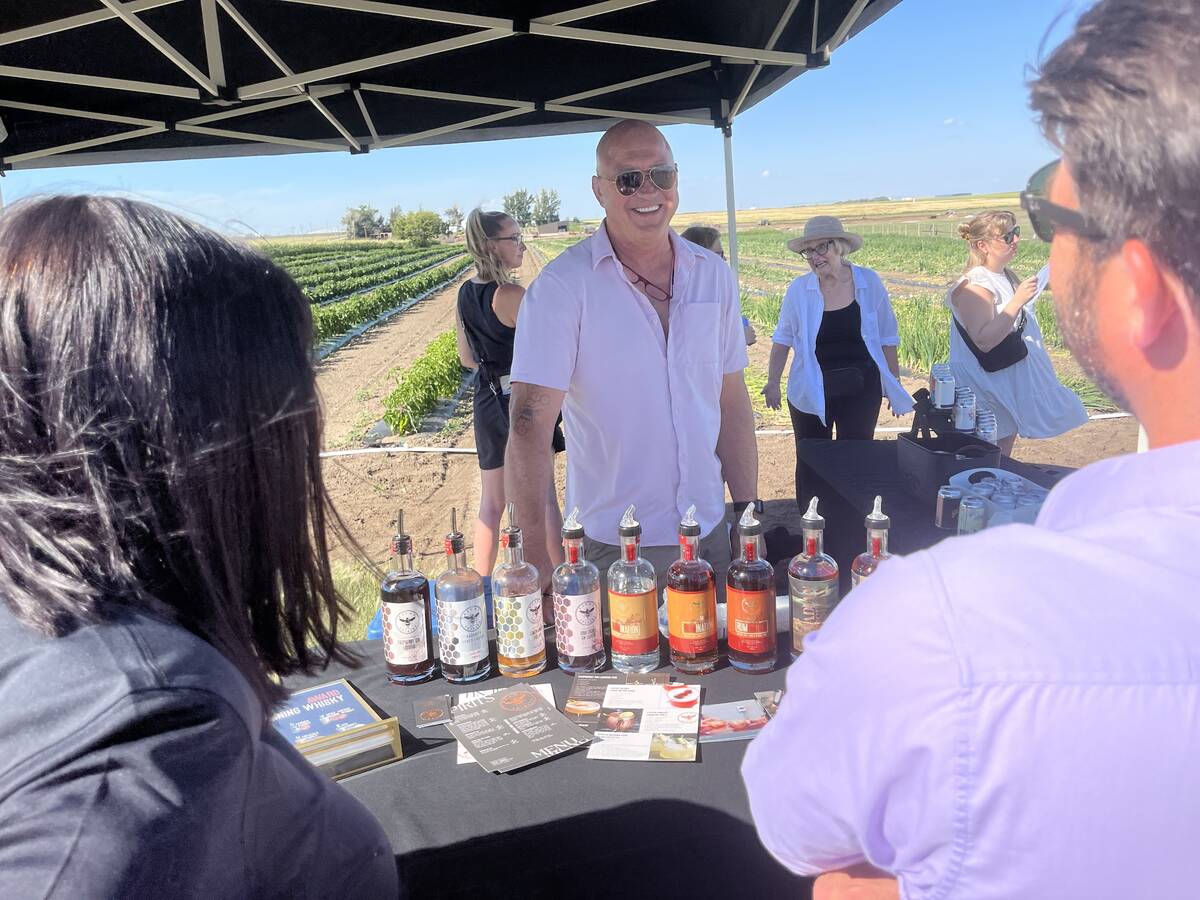Q: A longtime resident of our town has asked me to write his life story in book form. His is indeed an interesting story dealing with immigration to Canada, a business he started and various other things he has done. In return he has offered me a portion of all the proceeds he obtains from selling the story.
What are each party’s rights in such a story? Can I also sell the story or parts of it to a magazine? Who is responsible for ensuring accuracy? What if there are libellous statements in the book?
Read Also

From farmer to award-winning distiller
Pivot Spirits showcases transition from farmer to distiller with provincial award-winning results in Alberta for Lars Hirch
A: As a first step, you should determine your working relationship with the subject, who we’ll call Stan. In any future dispute, you would need to refer to this formal agreement.
A common format is for a writer to write the biography of Stan. In this scenario you are the owner of the manuscript and are solely responsible for its accuracy. As the author, you would collect the royalties if you were successful in selling it to a book publisher or the fee if sold as a magazine article.
From what you describe, that is not what Stan envisions. Other scenarios for biographies and autobiographies are that the story would be Stan’s and you would merely serve as the ghostwriter with your name not appearing on the manuscript. Think of yourself as a carpenter who was hired to build a barn. The barn belongs to Stan and your reward is the pay you receive.
Alternatively, the story could be a collaborative effort. In this scenario, the points your agreement should establish include: who is the owner of the work; who will decide on final content; how will disputes on content be resolved; what are the completion dates; will you as the writer have to produce drafts and how many; who will determine to which publishers it will be submitted; if self-published, who will determine the degree of editing and design; who will bear final responsibility for accuracy and libel; and how will monies earned be divided and paid.
Consider payment
What happens if the book doesn’t earn any money? Does this mean you get nothing? Even if you are a ghostwriter, you should have an agreement on these points.
Even if Stan retains full ownership of his story, your arrangement could allow you to write a shorter piece and submit it to a magazine or newspaper. From Stan’s prospective, he would not want you to write anything that would detract from sales of the book. On the other hand, a magazine or newspaper story might indeed increase interest in a book.
Regardless of who actually owns the story, you will also want to agree on how authorship will be shown on the book. Will you be shown as a contributor, a ghostwriter or will authorship be shown as “Stan as told to JW”?
When it comes to libel, everyone who helps publish the libel is responsible, including the publisher and author. Regardless of your arrangement, you as the writer could indeed be responsible for libel that appears in the book. Even if you were a ghostwriter, you could still be sued. Obviously, you will want to ensure accuracy and in your agreement you might also want to include a clause stating that Stan will indemnify you for all libel claims.
Finally, as an author and publisher I can say that not every personal story is publishable. Simply because the story is written does not mean a publisher will deem it worthy of publication. Nor does self-publishing mean that there will be great sales.
Don Purich is a former practising lawyer who is now involved in publishing, teaching and writing about legal issues. His columns are intended as general advice only. Individuals are encouraged to seek other opinions and/or personal counsel when dealing with legal matters.














